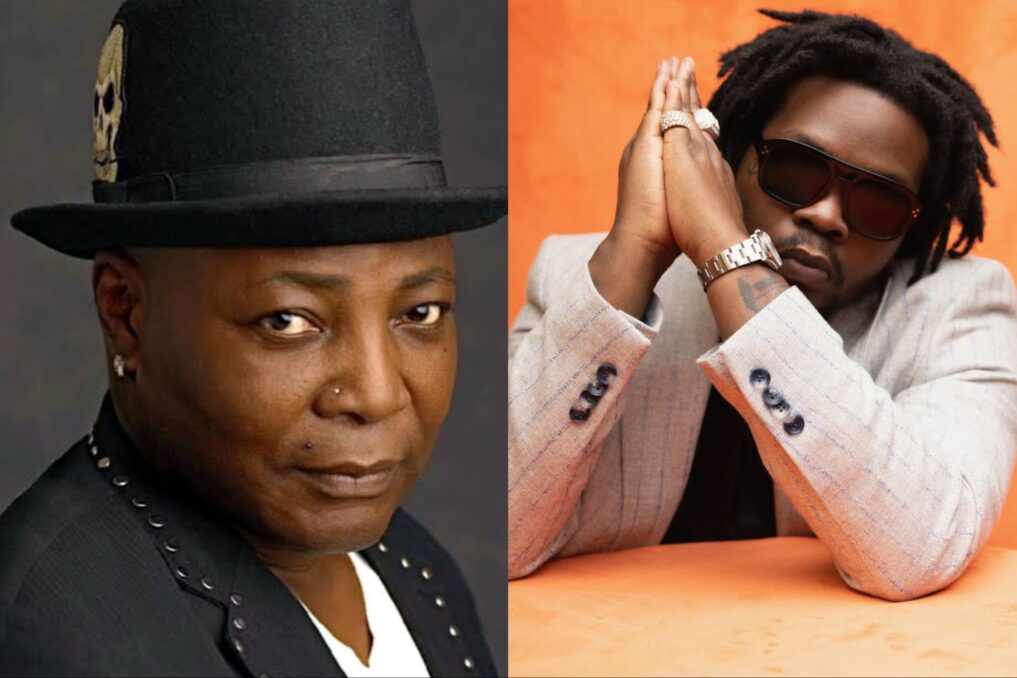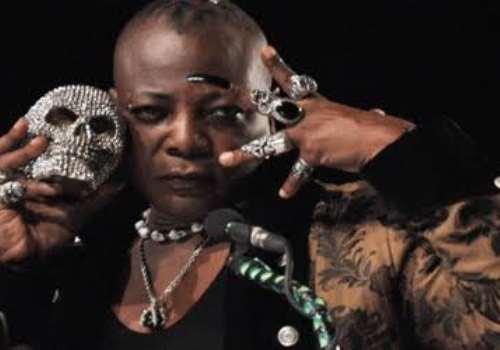Now Reading: Why Bariga’s “Charly Boy Bus Stop” Was Renamed “Olamide Baddo Bus Stop”
-
01
Why Bariga’s “Charly Boy Bus Stop” Was Renamed “Olamide Baddo Bus Stop”
Why Bariga’s “Charly Boy Bus Stop” Was Renamed “Olamide Baddo Bus Stop”

In late July 2025, the Bariga Local Council Development Area (LCDA) officially renamed the iconic “Charly Boy Bus Stop” in Bariga, Lagos, to “Olamide Baddo Bus Stop”, honouring native son and celebrated rap artist Olamide Adedeji, popularly known as Baddo According to Vanguard News. The renaming was part of a broader move to honour individuals who have elevated Bariga’s profile, including other streets renamed after King Sunny Ade, 9ice, Tony Tetuila, and Bukayo Saka.
Read Also : VDM vs Portable: The Main Reason Behind Their Latest Clash
Why the Rename? Motivation and Context

Why Bariga’s “Charly Boy Bus Stop” Was Renamed “Olamide Baddo Bus St
1. Hometown Honour
Olamide was born and raised in Bariga, becoming one of Nigeria’s most influential musicians and a source of pride for his community. The LCDA aimed to recognise his cultural legacy and local roots. As outgoing council chairman Kolade Alabi David explained, the initiative honours those who have projected Bariga positively on the global stage
2. Political Symbolism
Observers have raised concerns that the renaming was motivated partly by political considerations specifically, to align the outgoing LCDA chair’s legacy with prominent figures, offering “photo‑op” visibility tied to youth appeal and cultural clout.
3. Allegations of Tribal Overtones
Legal experts have criticised the move as veering into ethnic favouritism. SAN Monday Ubani accused the renaming spree of reflecting a “dangerous descent into tribal politics”, warning that erasing names associated with non‑Yoruba icons undermines Lagos’s multicultural identity.
4. Industry Support & Mentorship

Olamide is widely credited with mentoring emerging artists and contributing to the broader Nigerian music ecosystem. His support for younger talents in Bariga and beyond has earned him recognition not just as an artist, but as a community builder.
5. Peace Builder & Cultural Ambassador
Known for promoting unity, Olamide’s music often emphasises peace and Lagos cultural pride (e.g., “I Love Lagos”). Many see him as a modern peacemaker and role model whose influence transcends entertainment.
Community and Legal Reactions
Charly Boy’s Response
Veteran musician Charles Oputa, popularly known as Charly Boy, responded to the renaming in an interview with Channels Television, saying:
“They have the right to name anything, but let’s not forget the reason these names mattered in the first place.”
While he didn’t object outright, his tone suggested indifference to the political undertones of the change. He noted that “legacies are not tied to signboards.”
View this post on Instagram
Summary & Reflection
The renaming of the Charly Boy Bus Stop to Olamide Baddo Bus Stop reflects a complex convergence of honouring an artist’s local and national impact, political messaging, and contested identity politics. While Olamide’s contributions to music and mentorship are widely celebrated, critics argue the process lacked transparency and undermines Lagos’s cosmopolitan heritage.
Final Thought

In the words of Charly Boy:
“You can replace the signboard… but you can’t erase the spirit.”
His calm yet pointed response reflects a broader concern about preserving cultural memory. While the renaming of public landmarks is not new in Lagos politics, the way these decisions are made continues to stir debate. When carried out without wide consultation, such actions risk alienating segments of the community who feel overlooked or erased.




